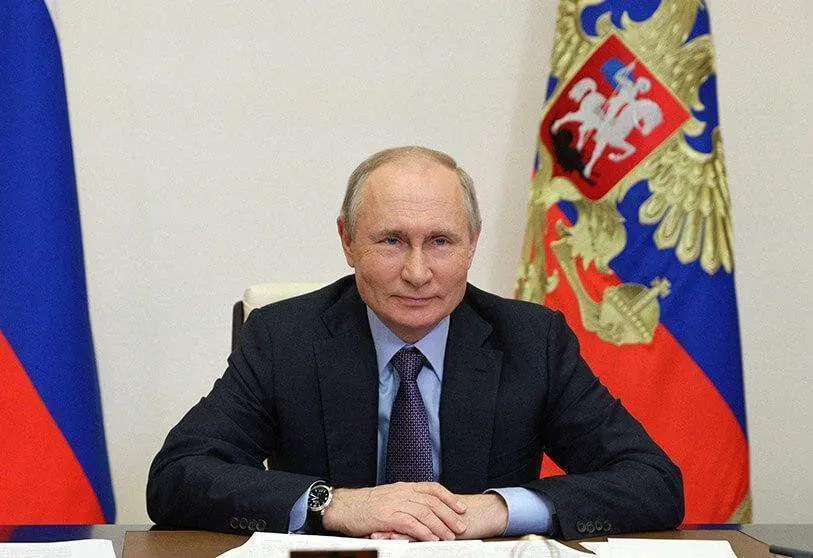They know they lose

We must remember, once again and insist as much as necessary, that we know how a war begins, but we can hardly know when and how it ends. There are many examples of how military superiority allows for victorious beginnings, the apparent defeat of the adversary and control of the territory to be conquered or subdued. However, the great challenge is always to maintain the occupation for a long time and to make the invaded people assume a future without freedom and without the ability to make their own decisions.
Vladimir Putin is aware that a major military intervention in Ukraine could lead to his political end because in the medium to long term it will be impossible for his regime to sustain the invasion due to the political and social cost of the constant casualties it will be receiving in Moscow on a daily basis and the economic cost of the necessary deployment of troops and logistical support to ensure the viability of his aggression. Of course, all policymakers have received these forecasts from their General Staff and are aware of what they can push and what they can hold out for. They know they lose.
Well, one assumes that the Russian military will have dared to put all scenarios to their boss and will not have held back any of the more realistic and possible approaches to what may be the stark reality. It is certain that this path is fraught with death and destruction for the Ukrainian people and that the temptation to ignite other sparks in other parts of the world would be very dangerous for opening up and extending the conflict and multiplying the damage to international stability, for the economic recovery and employment needed to overcome the coronavirus pandemic and to meet the most pressing needs of the international scene, which requires greater attention to sustainability, the fight against climate change, the establishment of essential guidelines for the development of the least favoured countries and the consolidation of a basic understanding based on dialogue and negotiation for the security of the world's population.
Diplomacy must be able to find a way out of this crisis that saves everyone's face when it comes to justifying all the attacks launched before its own public opinion, but which above all can serve to consolidate the foundations of a new world order that is satisfactory for all. It will not be easy, because at stake is the primacy between two systems of government, liberal democracies and totalitarian regimes supported by populists, nationalists and pro-independence supporters. Armed conflict must be avoided, but basic principles and values for the West must be defended.

